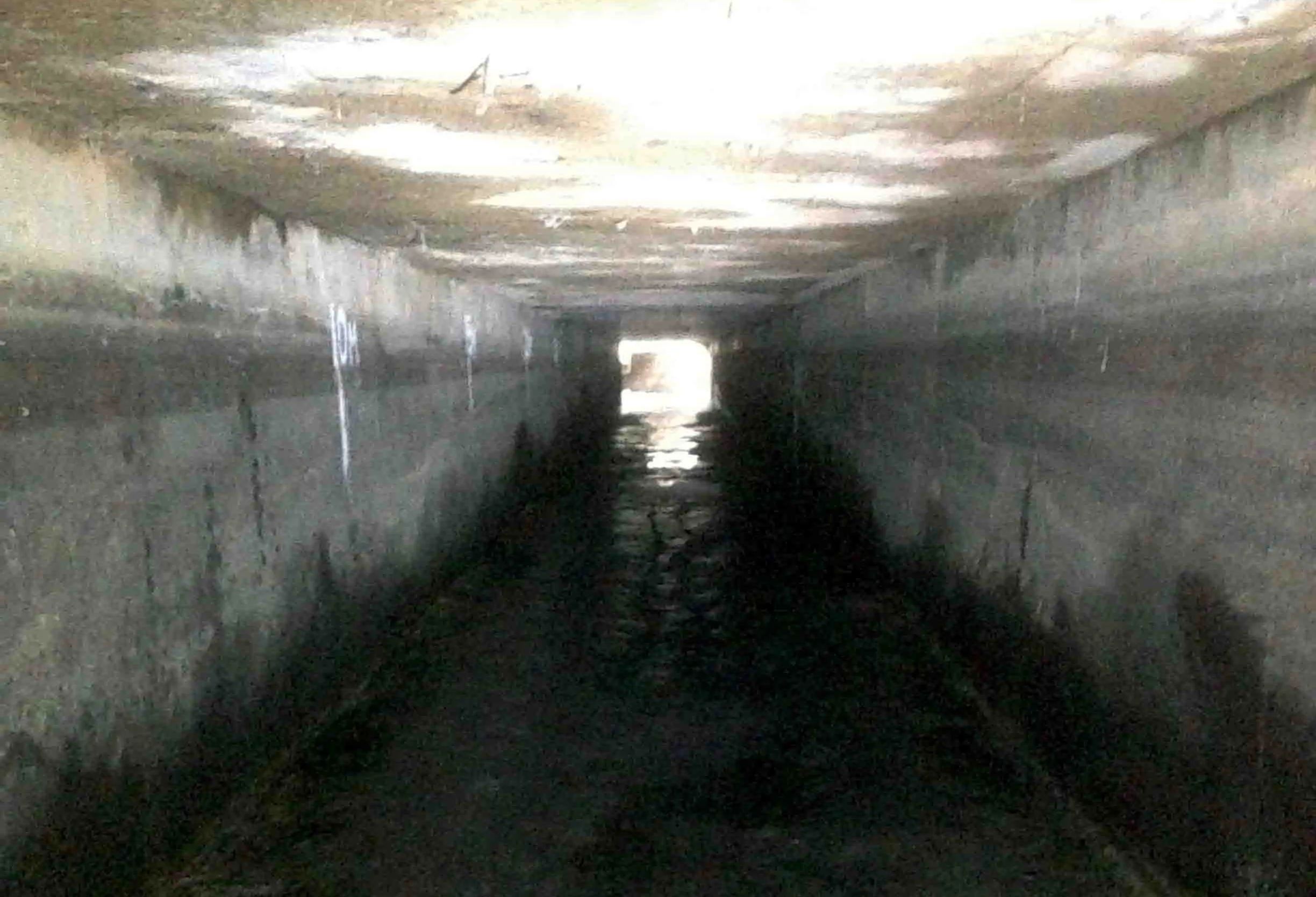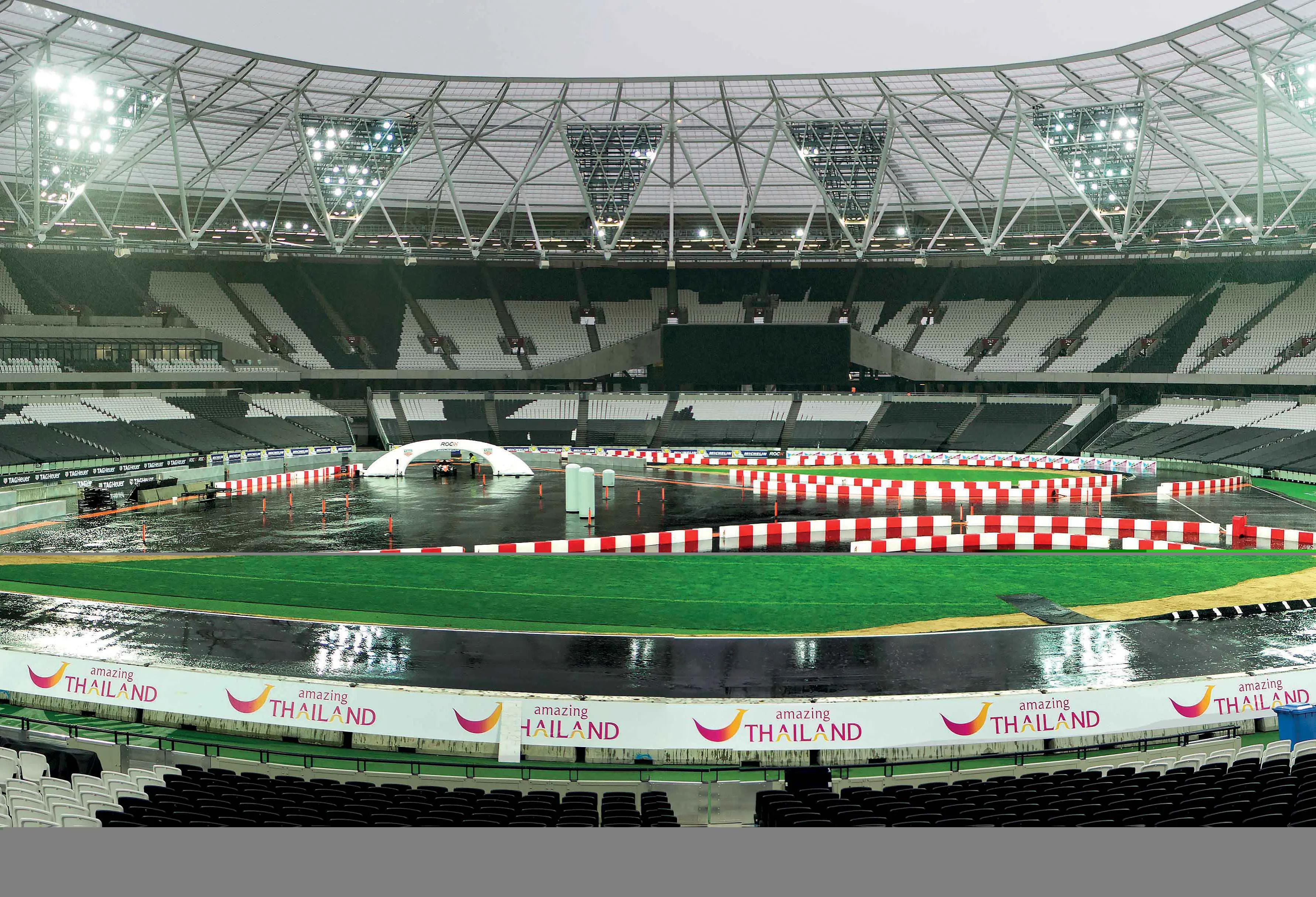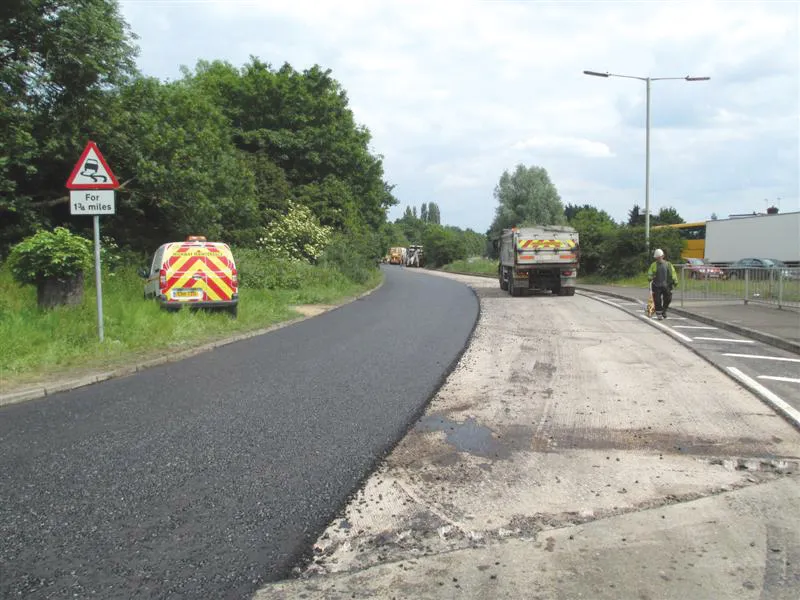A UK contractor has revamped its training to help employees avoid damaging utilities, not to mention suffering injury or loss of life, when digging. Eurovia and Ringway have set up Safe Dig Training designed to reduce underground service strikes. Strikes can occur when the ground is disturbed through works preparations, erecting site signage and repaving or resurfacing work.
The safe dig areas have been built in strategic depots across England as part of the training to assess competency following a servic
March 28, 2018
Read time: 1 min

A UK contractor has revamped its training to help employees avoid damaging utilities, not to mention suffering injury or loss of life, when digging. 3281 Eurovia and 2393 Ringway have set up Safe Dig Training designed to reduce underground service strikes. Strikes can occur when the ground is disturbed through works preparations, erecting site signage and repaving or resurfacing work.
The safe dig areas have been built in strategic depots across England as part of the training to assess competency following a service strike. The training will be carried out by one of three in-house trainers as part of a one-day course. The intention is to replicate the conditions that could be encountered on site to help employees cope with challenging site conditions, said Dave Campbell, Eurovia health and safety director.









